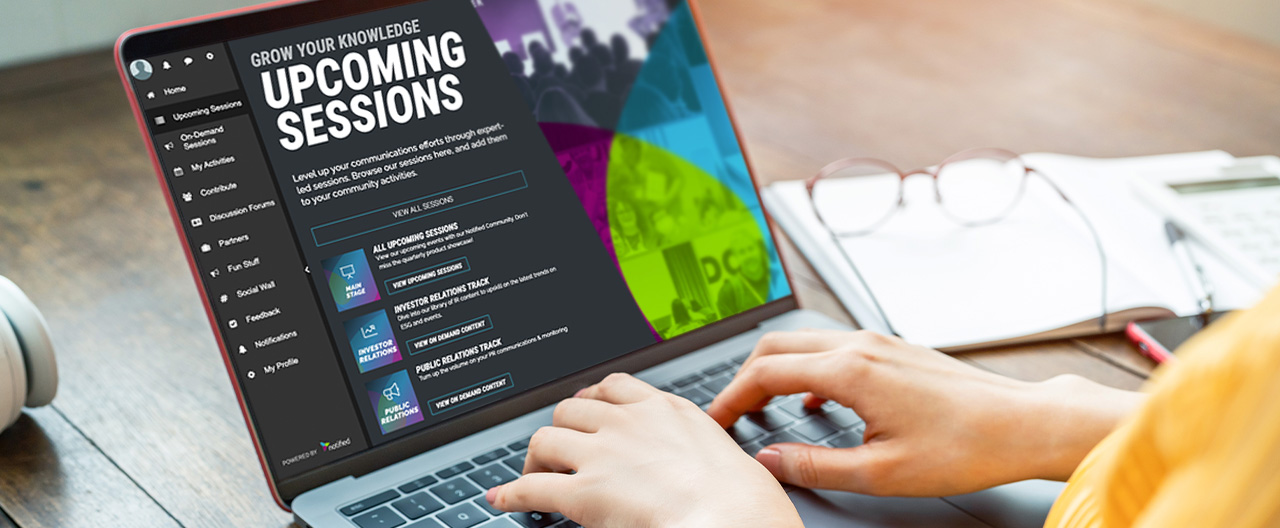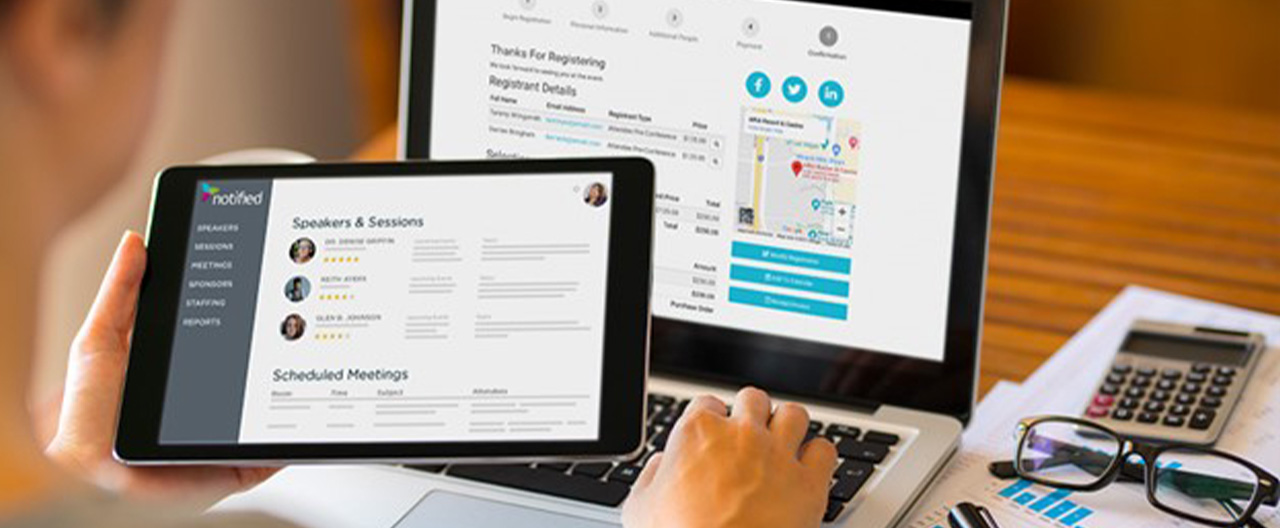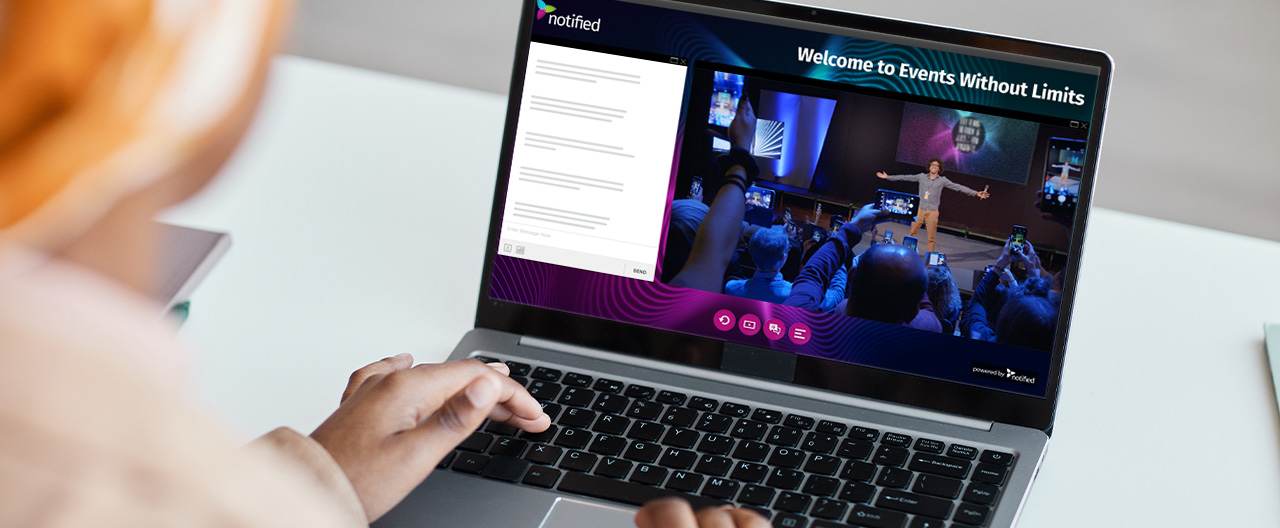Let’s face it – creating and executing a highly engaging and memorable experience for event attendees isn’t easy. In fact, the competition for time and attention has dramatically increased over the last few years as audiences have more options when it comes to event types and formats - whether it be in-person, virtual, or hybrid.
Creating a captivating, immersive event starts with gaining deeper insight into your audience’s behaviors, engagement levels, expectations, and preferences. However, collecting this data can be complicated. By keeping the core goal of your event in mind and understanding what problem your event aims to solve or explore, your team can gain a better idea of how to engineer an event to directly meet the needs of attendees.
In our recent webinar, How to Make Your Event Data Work Smarter – and Harder, our panel of experts discussed the different ways you can use the data you collect to build more engaging and personalized experiences.
Read on for some tips to help your team make better use of the right data to level-up your event strategy.
Understand Your Audience
To generate meaningful data, you must first decide what kind of insights are needed to best inform your event strategy. With your core audience in mind, what information can tell you the most about your attendees’ experience and pain points during an event?
Closely analyzing past event data for each segment of your audience is one way to get a better understanding of attendee experience. Regardless of tech capabilities or team size, there are several tactics that can be employed to collect more relevant insights.
When sourcing new data about how attendees interact and engage during an in-person or hybrid event, it may be useful to analyze social media metrics, as well as engagement and retention levels throughout the event.
Alternatively, leveraging focus groups or surveys can help unlock deeper insight into your audience’s preferences and attitudes towards certain experiences. Further, it’s also critical to be consistent with which data points your team collects across different events – this can help your team better score and track an event’s successes and areas of improvement!
Turning Insights Into Results
With these improved insights in your toolkit, the door is open to creating more targeted experiences that steer away from a ‘one-size fits all’ approach to event strategy.
Provide Your Event Attendees with Options
Based on these insights, it’s important to ask yourself: which content, experiences, speakers, and event formats deliver the most value to our attendees across different segments?
With a deeper understanding of your audience’s needs, interests, and attitudes, you’re now able to eliminate any content or themes that attendees may deem unengaging or redundant. Gaining a deeper understanding of different audience segments can also help inform your team of which topics will generate interest, and what functionalities are key to include.
With this in mind, every factor of an event can be tailored to fit your audience’s needs, including event format, runtime, content and sessions, to maximize attendee experience and keep audiences immersed from start to finish!
Optimize the Marketing Stack
As marketers seek more data and insights to inform their decisions, fully integrating event data capabilities into your marketing stack is a must in 2022. To ensure your team is headed in the right direction, you must fully evaluate the pros and cons associated with different data integration and management platforms, to decide which technologies will deliver the most value.
Identifying the core metrics you’re looking to capture is a good place to start. From there, your team can and choose the appropriate platform or software based on which choice provides the insights you need to maximize ROI and score your event’s success.
When it comes to planning memorable experiences, it’s important to remember that the event is no longer the destination, rather, it’s part of the journey. A successful event should aim to inspire and spark new ideas among attendees long after it has ended.
Through maximizing data capabilities and collecting meaningful insights about experience and preferences, any event has the power to become more captivating and immersive for attendees!
Watch Our Recent Webinar
Watch our on-demand webinar for more practical ways to leverage your event data and create more engaging and memorable events.
How to Make Your Event Data Work Smarter – and Harder
Learn how to unlock the value of event data and personalize experiences attendees crave!



